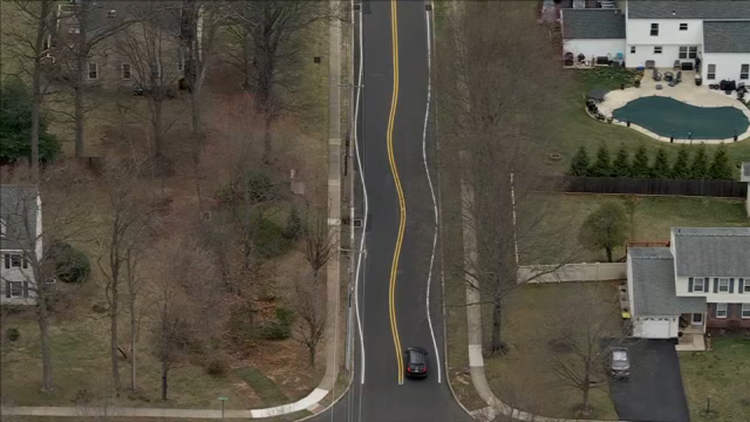If I told you of a place where babies are repeatedly flipped, spun, swung and dunked underwater, you’d waste no time it telling me it was baby-hell. Or at least some kind of baby-torture camp. But it’s neither. It’s really just a session of Baby Dynamics.
People who are not familiar with the routines involved in baby dynamics are usually, and quite understandably, horrified. Especially when the babies being subjected to the movements are obviously uncomfortable, crying and even vomiting. But the practitioner Lena Fokina simply smiles and asserts that it’s all good for the babies. The 51-year-old Russian has been practicing the techniques of baby dynamics for over 30 years and guarantees that no harm has ever been done to a baby she has handled. “It’s very good for babies and not dangerous at all,” she says. “Some babies cry at first, but then they begin to enjoy it.”
Considering how careful people are to just lift babies into their arms, it is rather shocking the way Lena simply holds one by the ankle or wrist and twists and turns the little one with ease. Again, she insists that this is nothing but normal. “Most people think young babies can only lie in bed, eat and cry. But babies are born with natural reflexes, which we can use to help them develop physically and intellectually.” So baby dynamics is actually meant to help babies with skeletal or muscular problems, and is also suitable for healthy children. It’s an age-old practice that originated with ancient African tribes. Dr Igor Charkovsky, a Russian midwife, adapted the techniques to suit modern times and was later joined by Lena. Baby dynamics is offered to children up to two years old and workshops are held to teach parents how to practice it at home.







